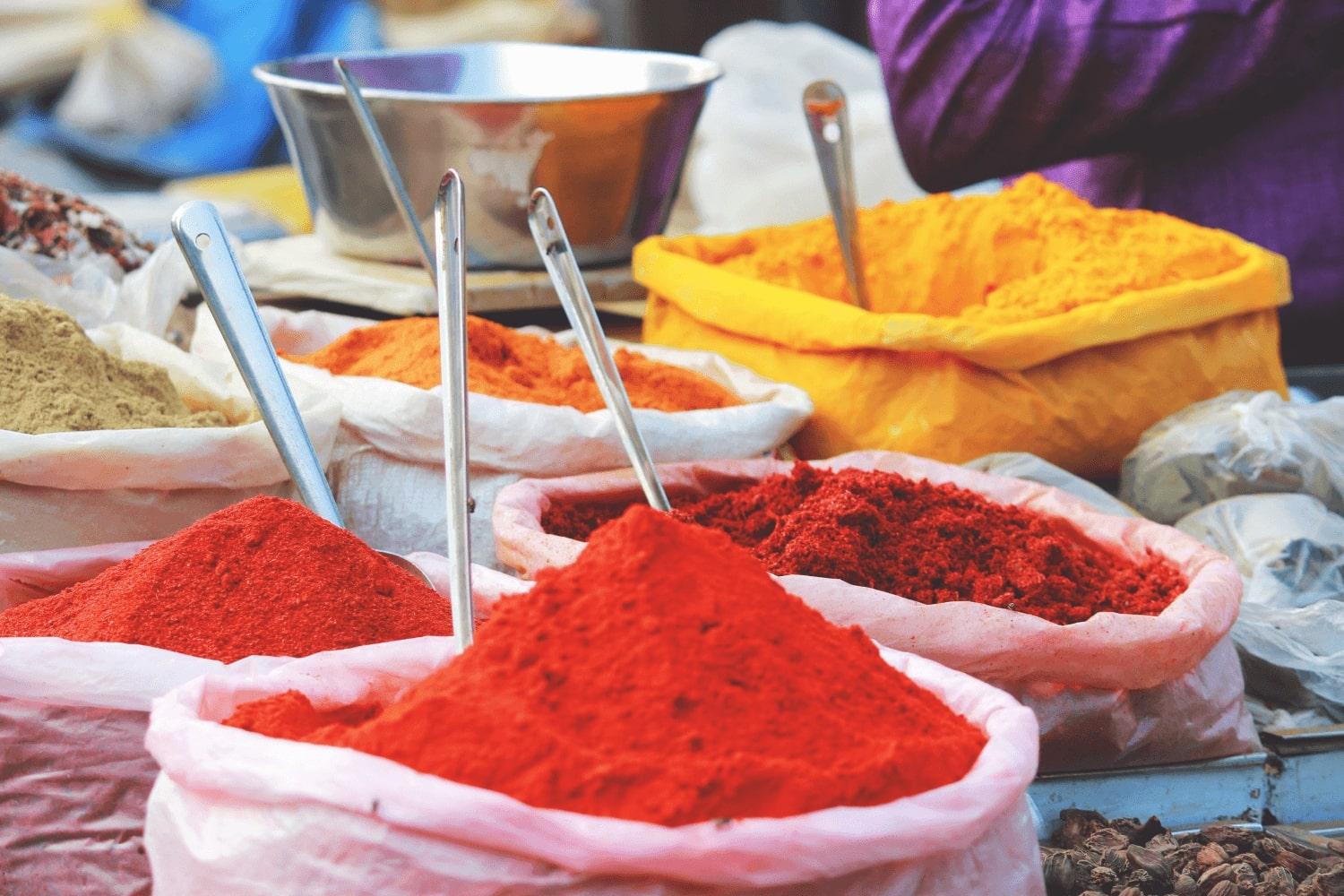
Year 1- Unit 3 newsletter
February 2023
Theme- How The World Works
Our central idea is:
Materials behave and interact in certain ways which determine how people use them.
Our lines of inquiry are:
properties and behaviour of materials
how materials interact
how we apply our understanding of materials
This unit inquires into the natural world and its laws and how humans use their understanding of scientific principles. By the end of the unit we hope that the children will demonstrate that they are knowledgable, inquirers and can work cooperatively with each other. The unit gives the children the opportunity to be scientists. They will observe properties of different objects and learn to classify them. They will manipulate objects to explore their properties, and discuss what is observed with the teacher or peers using scientific vocabulary. Through fun, hands-on experiments they will learn to test and record their observations.
Science
We will be encouraging the children to be thinking like scientists throughout this unit. We will provide them with different opportunities to conduct, observe and plan different science experiments as a whole class and in small groups. This is a great opportunity for parents to be involved with your child’s learning by conducting your own simple experiments at home. Children will be encouraged to ask questions and become naturally curious about the materials and things around them.
Teamwork and communication will play an important part throughout this unit. The children will learn about the importance of working together and how taking on different roles in a group can help a team be more successful. Through these hands-on experiences they will be given the opportunity to develop their thinking skills further and to be more cooperative within a group.
They will also be given the opportunity to:
Observe carefully in order to gather data:
Explore their environment to identify an attribute.
Manipulate objects to explore their properties (e.g. explore play dough for its physical properties).
Use scientific vocabulary to explain their observations and experiences:
Discuss what is observed with a teacher/peers using specific scientific vocabulary (e.g. float/sink).
Language
In this unit we will be inquiring into the natural world and its laws. We will learn how to use our understanding of scientific principles to explore the properties and behaviour of materials. The children will continue to work on their writing skills by creating their own 'That's not my…’ feely books inspired by the author Fiona Watt. In the process of making these books, which describe different materials, students will also start exploring adjectives. They will learn about the function of adjectives and how they can be used to make spoken and written language more interesting and colourful. They will compile an adjective list to describe their chosen character for their feely books, and attach different textured materials to the pages to finish off their interactive storybook. The children will also learn to use unit related vocabulary before attempting writing.
Through exposure to different texts such as fiction and non-fiction books and videos, as well as discussions, the children will receive a lot of input in order to better share their ideas with each other. They will continue to learn about the differences between fiction and non-fiction texts, and how we can use non-fiction texts to help us explore the world around us. On a practical level, students will learn how to document information and their own scientific observations in a variety of ways throughout this unit, for example labelling pictures.
This unit will provide the students with the opportunity to explore their own scientific wonderings through language, writing and sharing ideas with other young scientists.
Writing outcomes:
• Create written text for different purposes
• Create written text to connect with images
• write some key personal words and high-frequency words
Reading outcomes:
• Use illustrations to gain meaning from the text
• Predict what might happen in the context of the text
• Read high-frequency words in different contexts
Speaking and Listening outcomes:
• Use a range of high frequency, topic-specific and personal content vocabulary
Viewing and Presenting outcomes:
• Explain their response to visual images or multimodal texts
Maths
This unit lends itself well to exploring non standard units of measurement. As scientists, students will be measuring different objects and recording them using tables. They will extend their thinking by learning to use some standard measurements to build their understanding of why it is important to measure accurately. We will explore volume and capacity through water play and measure objects of different shapes, size and volume.
Alongside these specific unit-related maths concepts, we will continue to develop and build the children’s numeracy skills. We will continue to focus on addition and subtraction and build upon their place value knowledge.
Measurement of shape and space outcomes:
Estimate, compare, describe and measure the length, mass and capacity of objects using nonstandard units











